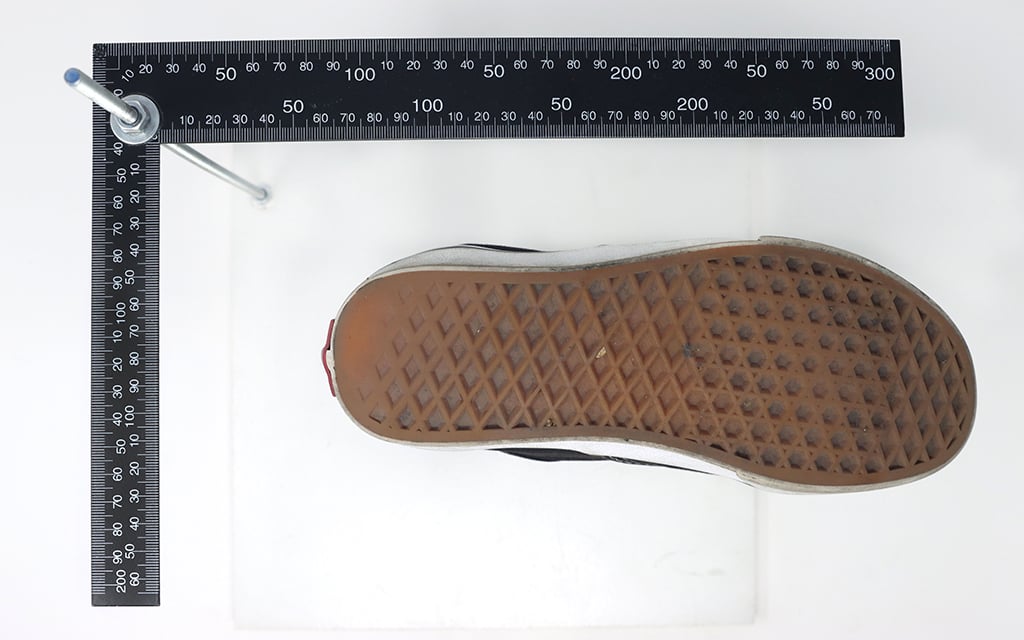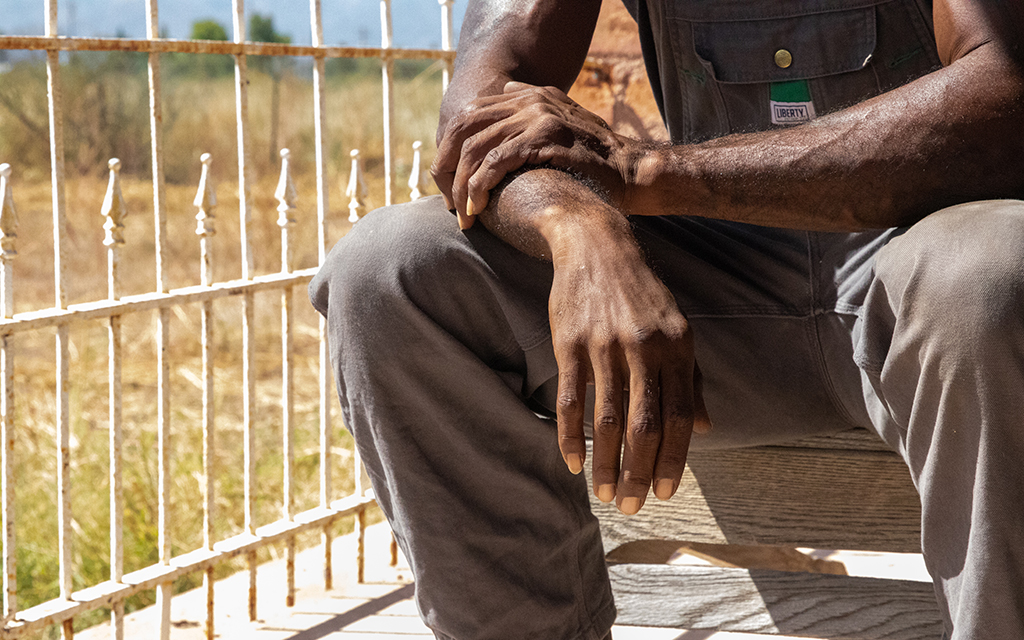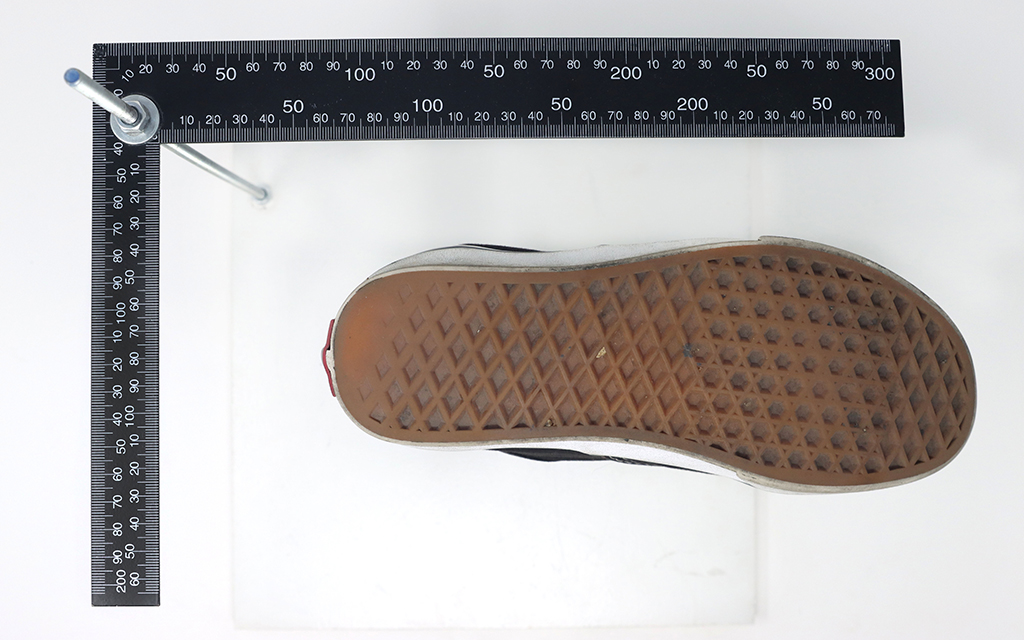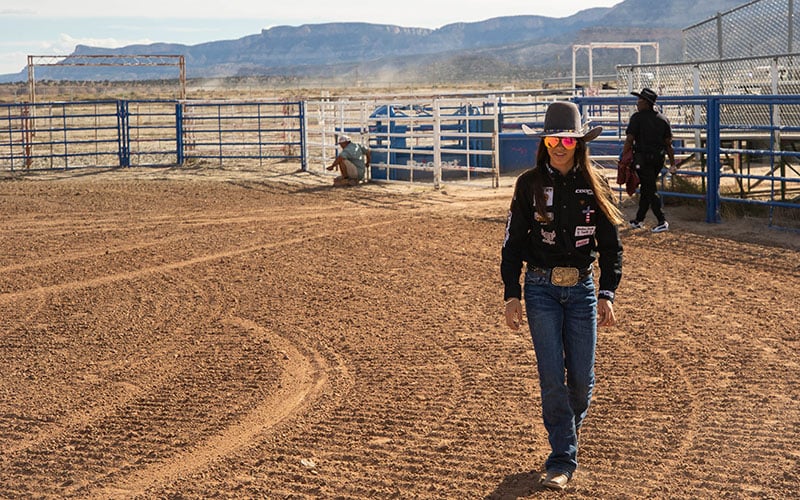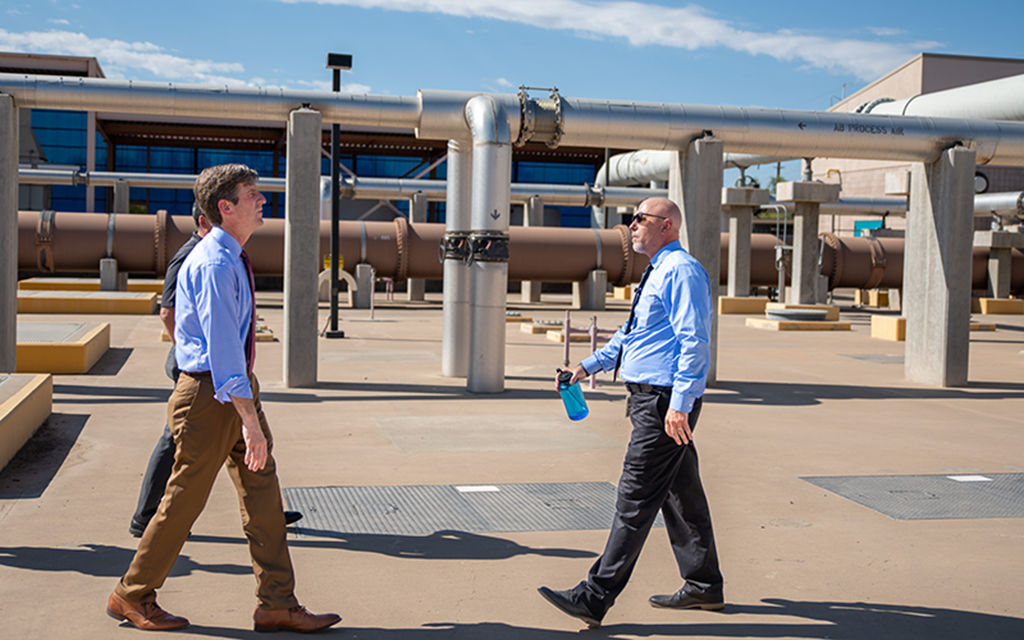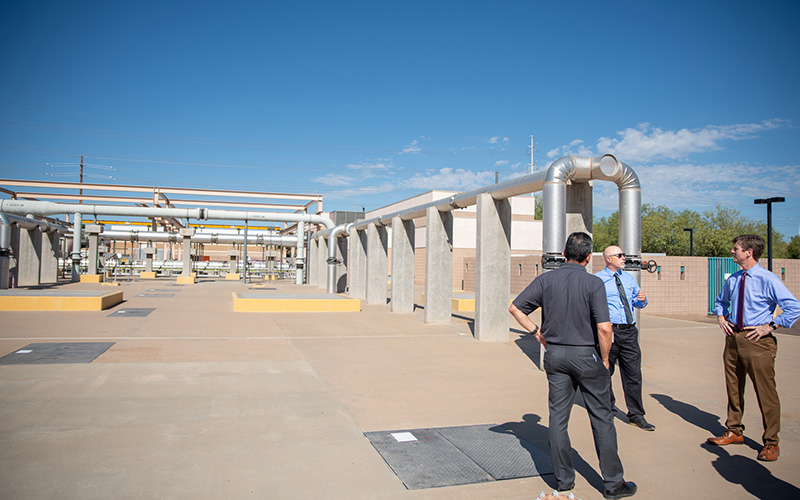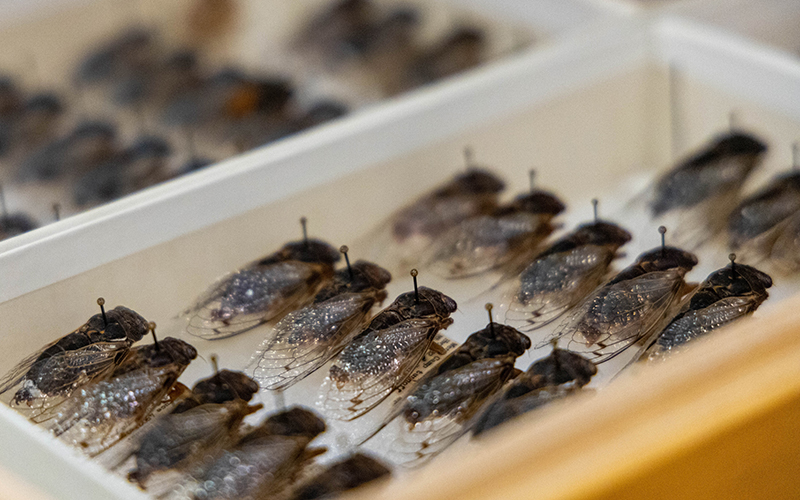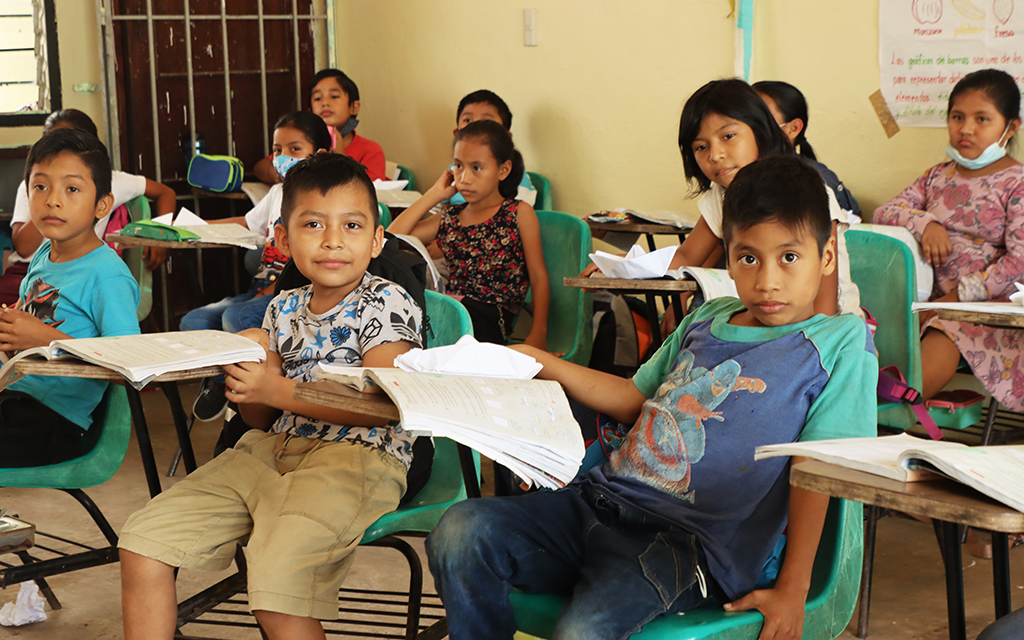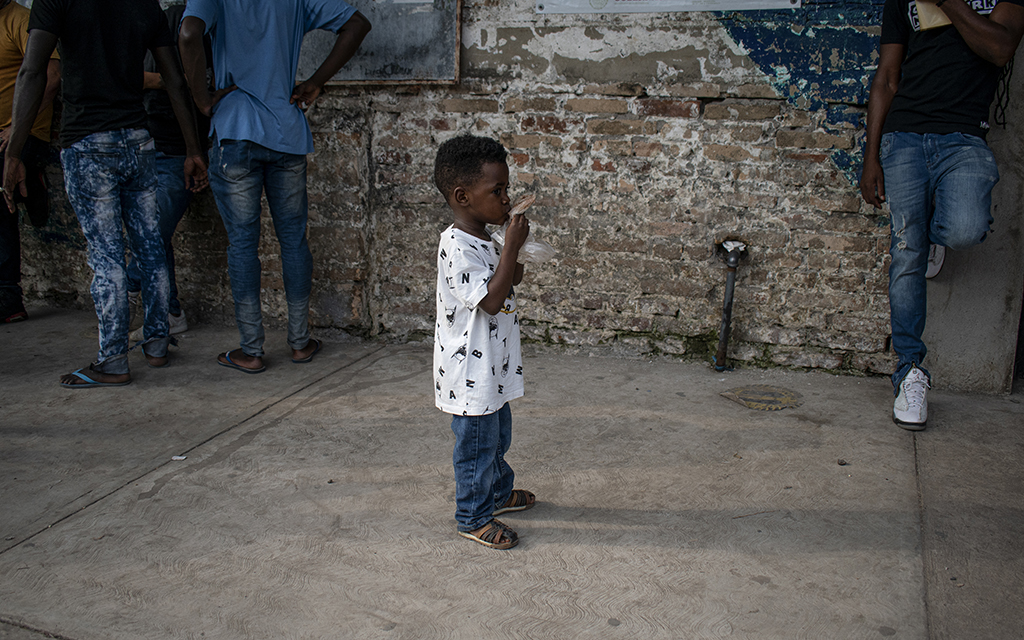Latest from Athena Ankrah
Student gumshoes at GCU collaborate with Phoenix police to create shoeprint database
PHOENIX – Grand Canyon University forensic science students and the Phoenix Police Crime Lab are building a local shoeprint database to assist investigators in identifying shoe impressions left at crime scenes.
Black farmers concerned about new loan program
The American Rescue Plan Act, which was designed to address racial justice within the farming commmunity and end decades of discriminatory lending practices, is entangled in lawsuits. A new program to help farmers took its place, but it’s not the targeted help minority farmers were promised.
Phoenix police, GCU are building a shoeprint database
The crime lab at the Phoenix Police Department is developing a searchable database of shoeprints with the help of forensic science students at Grand Canyon University.
Ride to the polls: Grassroots effort gets people out to vote on the Navajo Nation
KAYENTA – Protect the Sacred is a grassroots effort to find new and creative ways to engage with young Indigenous voters. Earlier this year, the group skateboarded to the polls for the primary election, and recently they gathered in Kayenta to ride horses to the polls ahead of Nov. 8.
Tempe plans to reopen long dormant water reclamation plant amid grinding drought
PHOENIX – Tempe plans to use $60 million to reopen the Kyrene Water Reclamation Facility which closed in the aftermath of the Great Recession. The plant will help Tempe collect and recycle water as Arizona struggles with its worst drought in 1,200 years.
Tempe water plant to reopen as decades long drought continues
Tempe’s Kyrene Water Reclamation Facility shut down during the Great Recession, but new federal dollars will allow the city to restart the plant to help ensure the city’s water supply. (Audio by Athena Ankrah/Cronkite News)
Tempe water plant to reopen as decades long drought continues
Tempe’s Kyrene Water Reclamation Facility shut down during the Great Recession, but new federal dollars will allow the city to restart the plant to help ensure the city’s water supply.
Could cicada ‘songs’ disappear for good?
Research suggests climate change is already impacting when cicadas’ first songs of summer begin and hotter temperatures could also affect their life cycle.
Tempe water plant to reopen as decades long drought continues
Tempe’s Kyrene Water Reclamation Facility shut down during the Great Recession, but new federal dollars will allow the city to restart the plant to help ensure the city’s water supply.
Organizations in Tapachula work to educate migrant children despite huge barriers
TAPACHULA, Mexico – Migrant children in Tapachula seeking education face many barriers to entry, including moving from shelter to shelter, lacking proper documents to enroll in local schools or needing to work to help support their families. Some spaces offer limited schooling, but most facilities are too overrun to accommodate everyone. But one school, with limited resources, is trying to change that.
‘All I can do is wait’: Children make up a third of migrants in documentation limbo
TAPACHULA, Mexico – In one of the largest humanitarian crises currently in the Western Hemisphere, a third of migrants stranded at Mexico’s southern border are younger than 18.

